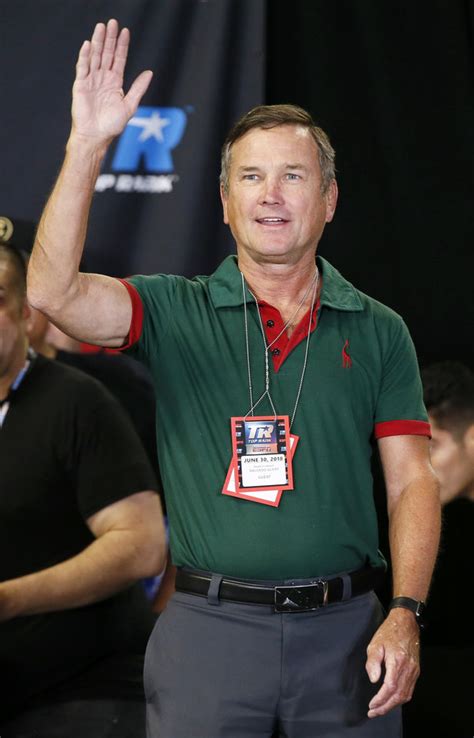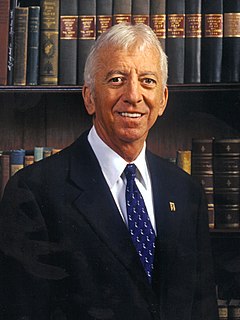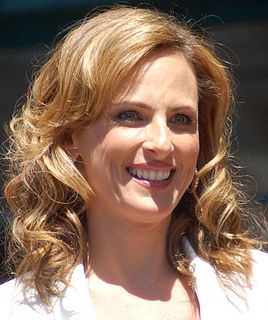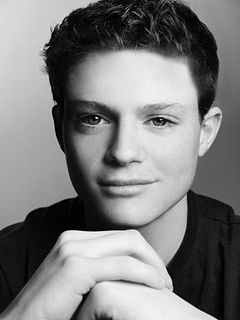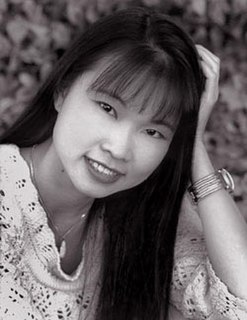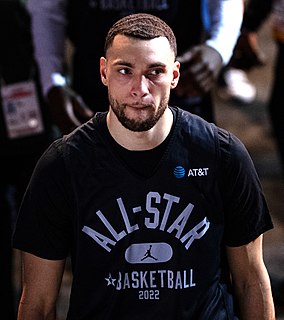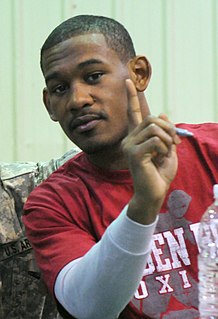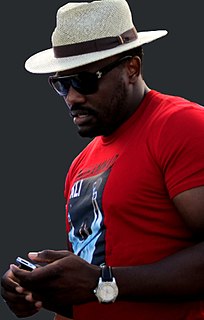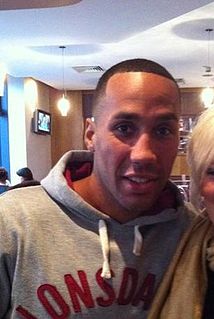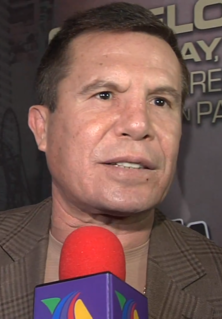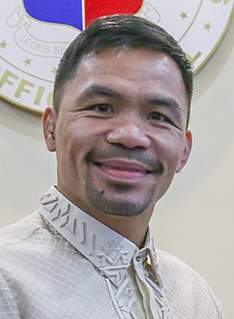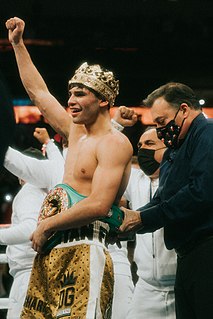A Quote by Sean O'Grady
I tell cold callers I'm very interested but a bit deaf, my hearing aid is not working properly and can they speak up. The idea is to deliberately miss-hear what they say, ask them to repeat, only louder, and see how loud I can get them to shout. After a while I say "I'm not really deaf" and was just wasting their time, as they were doing with me.
Related Quotes
Yet it was impossible for me to say to people, 'Speak louder, shout, for I am deaf.' Ah, how could I possibly admit an infirmity in the one sense which ought to be more perfect in me than others, a sense which I once possessed in the highest perfection, a perfection such as few in my profession enjoy or ever have enjoyed.
It makes me so angry when people say, "We never hear from people who are happy doing sex work." Well, that's because they're working. The activism privileges people who hated doing sex work, are no longer doing it, and have a job at a social service organization, for example, that trains them on how to speak to the media. We are hearing from those people quite a bit.
While taking sign language in high school, one of our assignments was to go out and participate in the deaf community, so I really got to know a lot of the group from that. I felt like they needed a little bit more of a voice because people treat them different just because they're hearing impaired.
Be undeniably good. When people ask me how do you make it in show business or whatever, what I always tell them & nobody ever takes note of it 'cause it's not the answer they wanted to hear-what they want to hear is here's how you get an agent, here's how you write a script, here's how you do this-but I always say, “Be so good they can't ignore you.” If somebody's thinking, “How can I be really good?” people are going to come to you. It's much easier doing it that way than going to cocktail parties.
